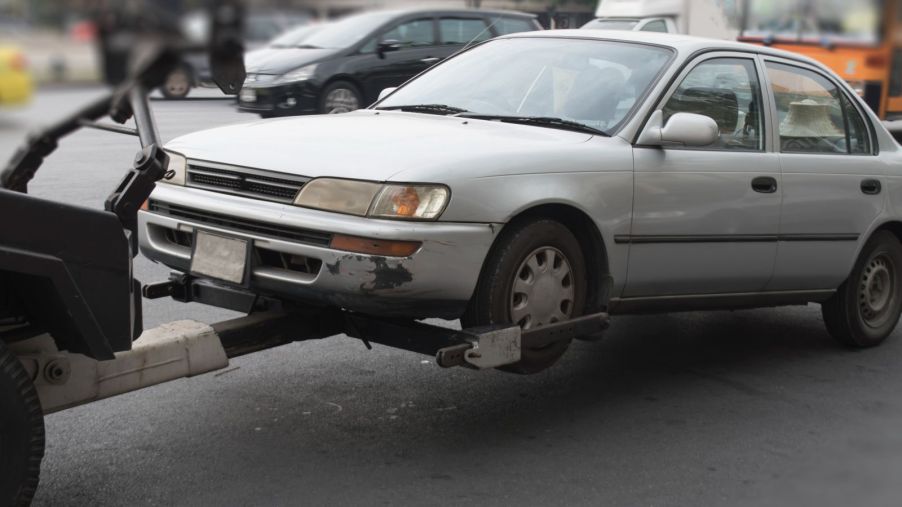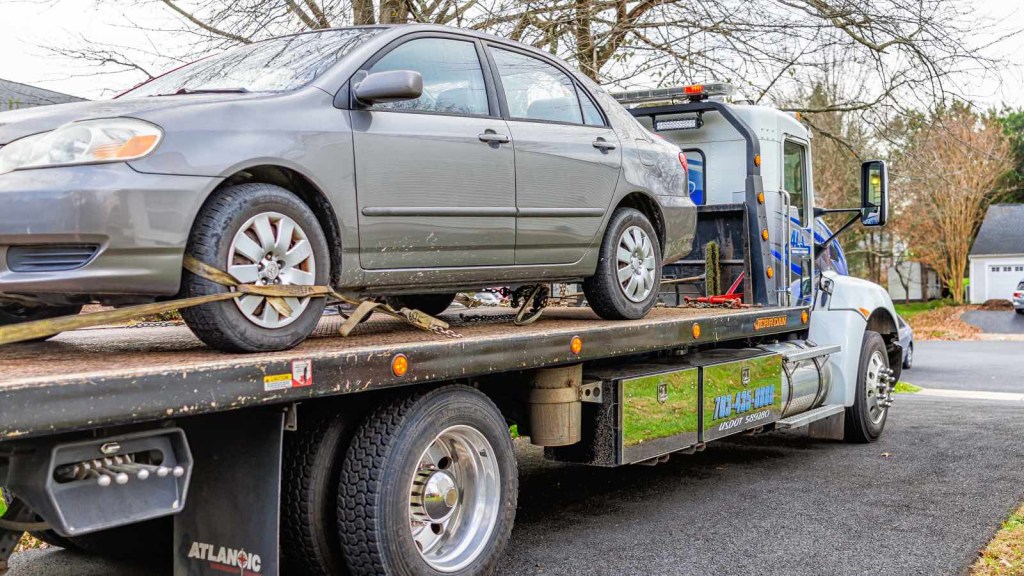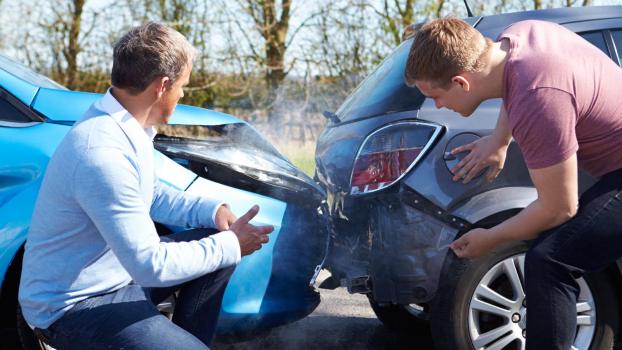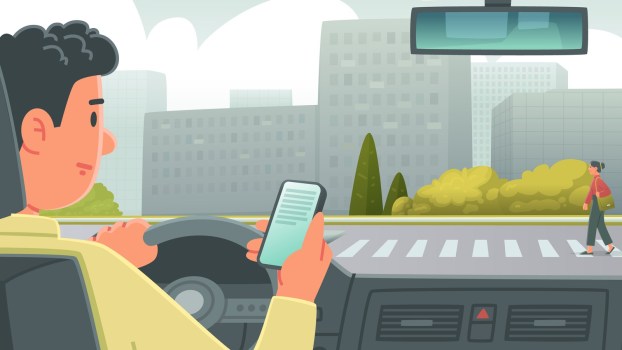
How Long Is Your Car Safe After Being Towed?
Having your car towed due to some sort of parking infraction is a massive fear for many. Restricted parking is usually well marked, but it’s also easy for people to make a mistake. Of course, the cost of getting a vehicle back from the tow yard can be expensive. So, how long do you have to come up with the money before the tow yard takes further action?
What happens after your car is towed
Coming outside to find that your vehicle isn’t where you left it is immensely distressing. The first thing drivers should do is to look around and see if there are signs related to towing vehicles for improper parking. If so, call your local law enforcement agency to see if your car has been hauled off and where you can find it.

As most know, there is a towing fee that drivers have to pay to get their vehicle back. First, there is the initial fee for the towing company to hook up your vehicle to the tow truck. This can range from $50 to $200, but many tow truck companies also charge by the mile to transport your vehicle. According to The Zebra, the national average for the cost of a tow is $109.
Then there’s storage. Many states have laws that say drivers can’t be charged a storage fee before 24 hours when their car is towed. This fee is often a daily rate. Of course, the towing yard won’t keep your car forever. In most cases, they’ll allow it to remain in their yard for 30 days. After this, they’ll put a lien on the vehicle and putting it up for auction.
There are other reasons your car could be hauled away
Most people only think of parking in the wrong areas as reasons their car could be towed. However, this can happen for other reasons. If you ever get arrested and there’s no one who can get your car fast enough, police can have it towed. When this happens, the driver is still on the hook for the towing and impound charges.
Other reasons your car could be towed include expired registrations, obstructing roadways, and leaving it on public roads for more than ten days. Of course, these reasons also mean that the driver must pay the proper fees to get their vehicle back. Not doing so could result in the harsher actions. In most cases, it’s best practice to notice parking regulations and ensure all your registration information is current.






